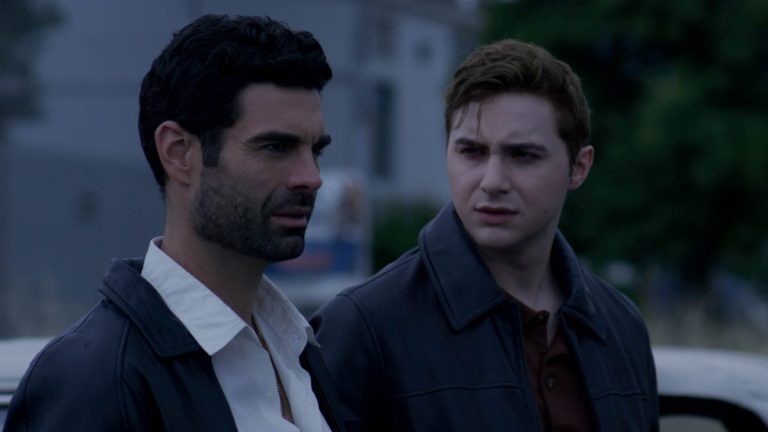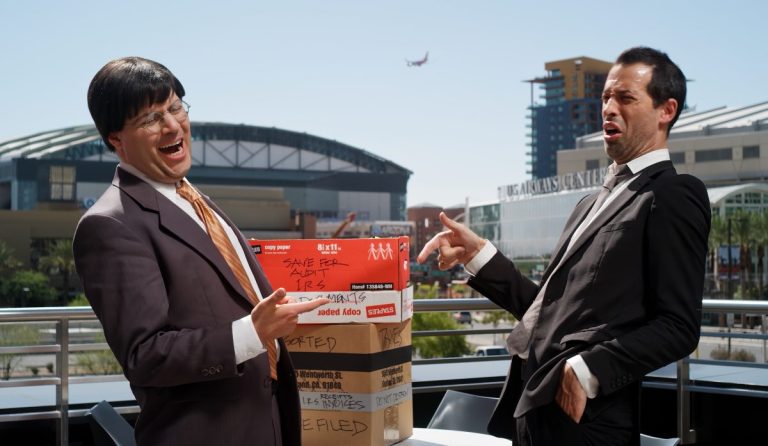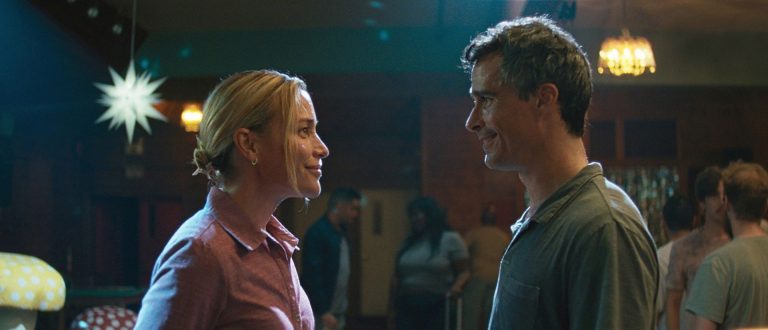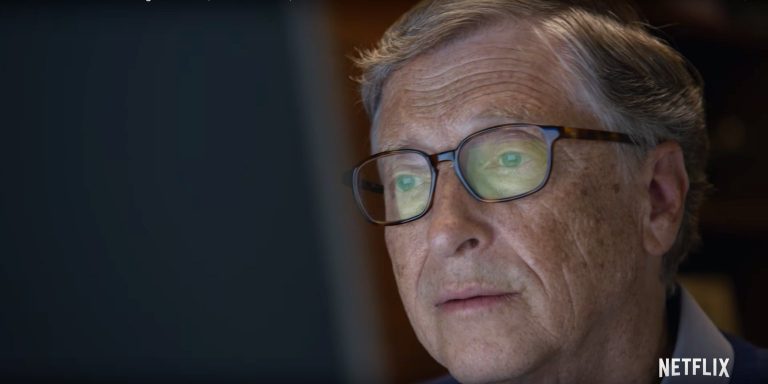Anne-Sophie Bailly’s “Mon Inseparable” (My Everything) has the gift of being anchored by Laure Calamy, an actress ceaselessly capable of stunning emotional interiority. She plays Mona, who struggles to keep herself mentally afloat while tending to every possible need and crisis of her disabled adult son, Joel ( Charles Peccia-Galletto). He occupies every second of her thoughts and attention. The single mother finds herself all the more inundated with anxiety when Joel’s girlfriend, Oceane, whom he meets at the work center, gets pregnant. The couple wishes to keep the child. Joel is eager to be a parent, though Mona doesn’t instantly warm up to it.
The film is about the weight of care and how it may eat into one’s soul and well-being if one has little to no support. How can one continue being the shoulder of care and nurture while having no outlet to release pent-up exasperation and exhaustion? The worst impulses can invade one’s mind. The continued erosion of oneself, a vigilance against it so that some parts still remain just for one’s own sake, predominates the film. The kind of caregiving, where the giver is almost entirely sidelined, is nothing unique. It’s the most pervasive manifestation of the equation.
Calamy’s performance leans into this fatigue and guilt of abandonment. Mona is overwhelmed and flustered. She flails to keep herself together with the constant brunt of being on the lookout for her son. Her emotions are compounded doubly because she is denied the opportunity even to express how she genuinely feels, perpetually, unflaggingly carrying the load of his support needs. How can she complain without coming off as monstrous? Is there any way around it? Calamy elevates the film with ache and undiluted emotional depth.
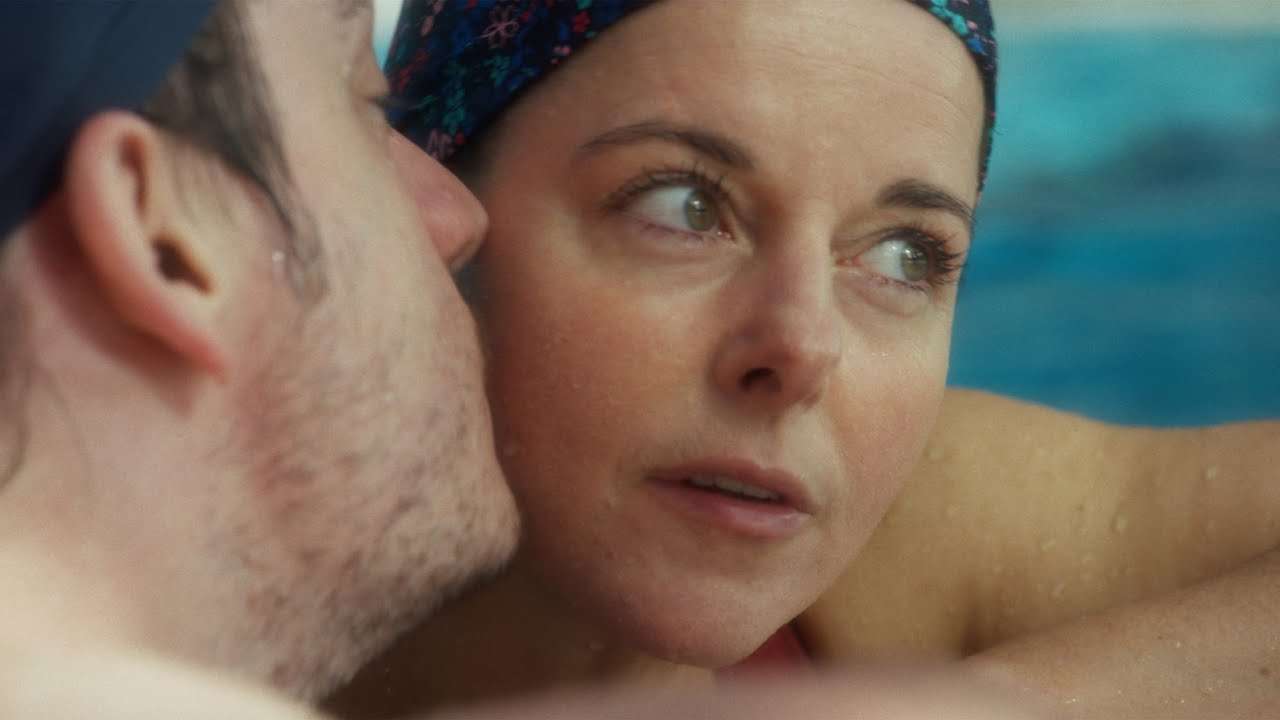
One of her generation’s greatest actresses, there’s strength and fragility in Calamy’s performance. Mona wants to be present whenever her son needs her but the strains of it are strong. Could she be secretly coveting a complete liberation from him? Just the sheer existence of such a desire would be blasphemous. Mona knows acutely the judgment that will descend on her. But she also has a long past of caring for such opinions, especially since they can never fully understand the delineations of her predicament. So, on the rare night she heads out for drinks, Mona is asked whether she left her son alone at home. They are well-meaning, but their question itself is indicative of the first layer of attribution that will immediately kick in the moment she does anything stepping outside the circle of care.
Halfway into the film, Mona makes a tough move bound to alienate audiences. The conviction and crushing gravitas in Calamy’s performance ripples with soul-baring transparency. She asks you humbly to understand and empathize with her character; the film is so integrated with her presence it doesn’t become that incredible of a tall ask to relate with how Mona was compelled into the major act. You already know how extraordinarily the character has borne the bulk alone.
“Mon Inseparable” is exceptionally moving, displaying not an ounce of easy sentimental tripe. Bailly is clearly focused on Mona’s journey towards letting her son just be and learning to be comfortable with gaining control over him. The mother-son relationship can grow only when she gets comfortable with him making his own decisions. She has to respect his agency and trust that he’ll pull through. This is a deeply tender, understated, and wise reflection on motherhood, transcending the nurturer role to embrace one’s own wishes and self-affirming possibilities.




